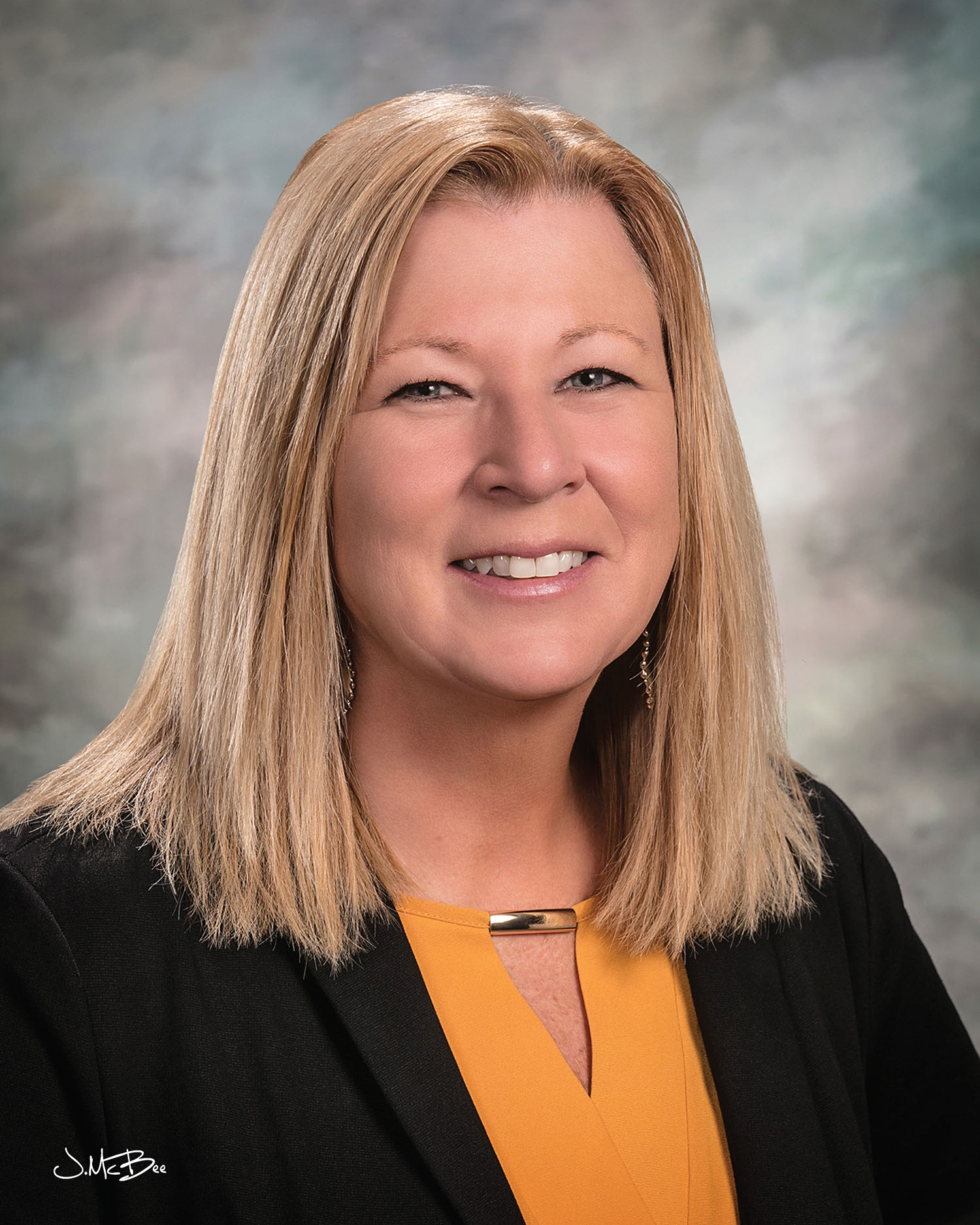Home care is a patient-centered ambulatory care option that improves treatment adherence, symptom management, length of hospital stays, cost of care, psychosocial well-being, and quality of life. It is the future of care delivery, creating a “more accessible, effective, efficient, safe, and economical sustainable system.”

Like many specialties, home care has evolved greatly during the past 10–15 years, shifting from maintenance (e.g., routine lab draws, catheter care, wound care) to a new model addressing patients’ needs. Today’s interprofessional home care teams focus on keeping patients out of the hospital and providing comprehensive care, including delivering therapies and wound care, managing medications, educating patients about disease processes, and informing caregivers how to perform a wide range of treatments in the home.
In our practice, patients beginning home care undergo a comprehensive interview and assessment so we can develop a detailed care plan that considers all aspects of the patient’s care. We use a holistic approach that encompasses medical, social, psychological, and safety domains. We review the care plan with a physician and discuss it with an interprofessional team of nurses, social workers, aides, therapists, and dieticians. For patients with cancer, an oncology nurse is also included for questions about the patient’s care and any family dynamics that might affect their care. The oncology nurse also works as a liaison between home care nurses and physicians.
Our agency is hospital based, which allows us to access patients’ electronic health records to get a more accurate picture of their recent medical history and treatment plan. It also helps for oncology nurses to provide the following patient considerations to the home care nurse assuming their care:
- Comorbidities
- Demographics
- Diagnosis
- Support system
- Prognosis
- Treatment barriers
- Treatment plan and progress
- Reason for beginning home care
Home care nurses provide care for patients with cancer for a variety of reasons, including managing a peripherally inserted central catheter, side effects of chemotherapy, and oral therapies or other medications. We also have a medical social worker on staff who offers community resources and aid for personal care. We work with our serious illness management team, palliative care team, and the rest of the oncology team.
As home care nurses, we see our patients at their most personal, vulnerable moments in their homes. Home care is a special and extremely rewarding facet of the healthcare industry, and home care nurses have all the key components to take care of patients with cancer and their families. Together, we wrap ourselves around the patient and family to help them through their journey.






